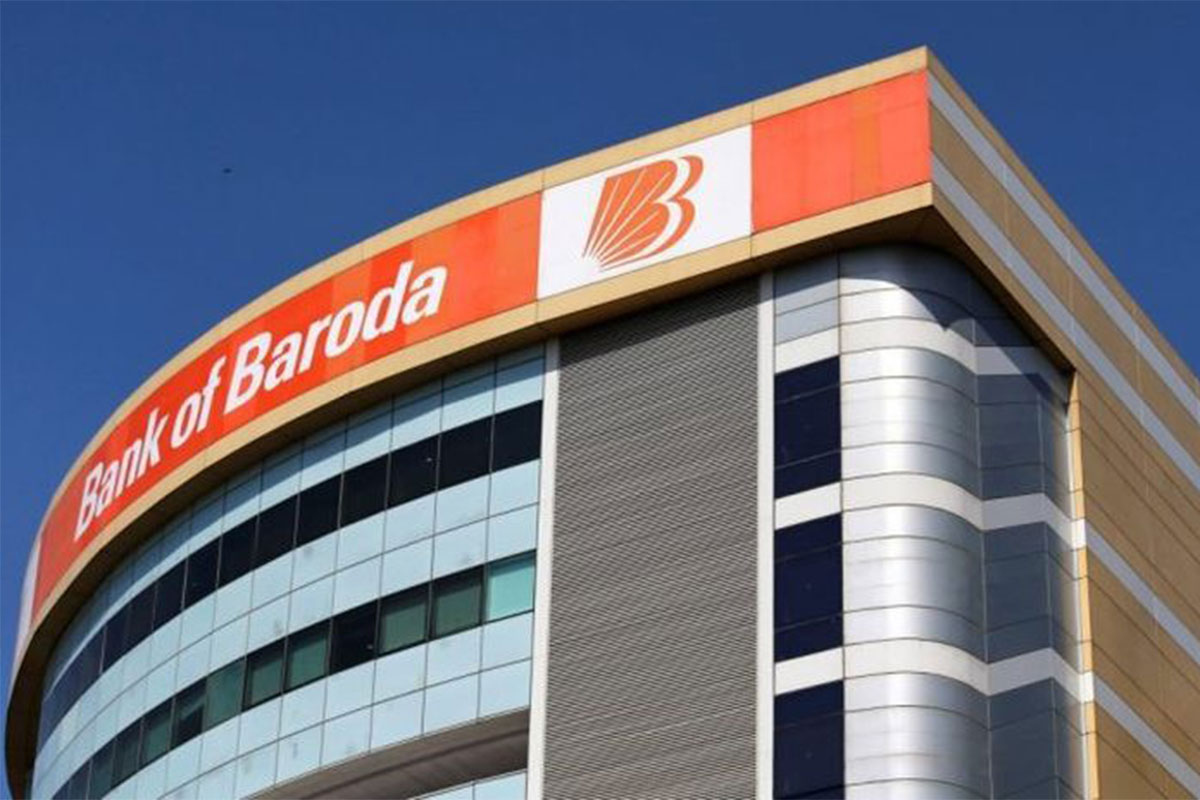State-owned lending major Bank of Baroda (BoB) has cut its repo-linked lending rate (RLLR) by 0.75 per cent. The revised rate will be applicable on personal, retail and MSME loans and its will come into effect from March 28.
“Bank of Baroda, India’s second largest public sector lender, has reduced its Baroda Repo Linked Lending Rate (BRLLR) by 75 basis points with effect from March 28, 2020,” the bank said in a statement.
Advertisement
This reduction comes days after the Reserve Bank of India responded to the coronavirus-induced crisis and slashed the repo rate with 75 basis points, bringing it down to 4.40 per cent from 5.15 per cent. The present repo rate is the lowest since April 2009’s Global Financial Crisis when it hit lowest point of 4.74%.
The bank said, the BRLLR for all new floating rate loans for all personal loans and retail loans of all asset classes and floating rate loans to MSMEs shall be 7.25 per cent effective from March 28, 2020.
“Bank of Baroda has immediately transmitted interest rate changes announced by the Reserve Bank of India to its customers. We encourage customers to avail of the credit lines that have been opened and assure that the Bank is available at all times to meet all the credit requirements in the most convenient way,” Bank of Baroda Executive Director Vikramaditya Singh Khichi said.
It further said that for existing loans, the interest rate under the external benchmark shall be reset at monthly intervals linked to BRLLR.
There has been no change in the mark-up/base spread or strategic premium.
Bank of Baroda is not the first bank to slash its repo rate. Previously, State Bank of India and Bank of India has also brought down loan rates for consumers, in line with the RBI’s decision to cut the repo rate.
Repo rate is the rate at which federal bank lends money to commercial banks in the event of any shortfall of funds. Financial authorities use rate to control flow of money in the economy, thereby inflation.











